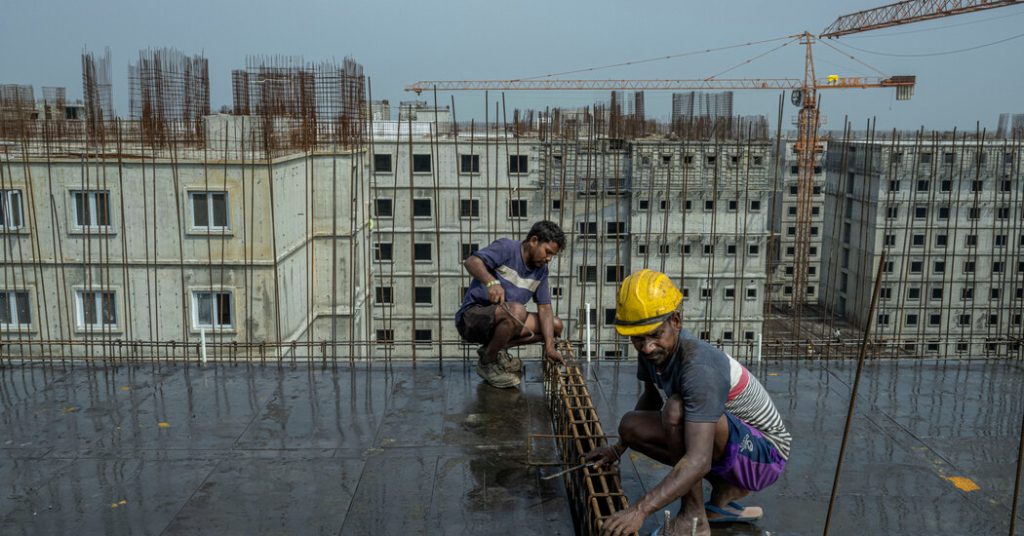Narendra Modi is backed by significant financial resources as he seeks a third term as India’s Prime Minister. His party has amassed more political funding than all other parties combined, with the support of the country’s wealthiest business leaders. Modi’s campaign is fueled by a compelling narrative about India’s economic growth, partly due to changes implemented during his tenure. Additionally, India’s attractiveness to global investors has increased due to geopolitical factors. The upcoming elections will run from April 19 to June 4.
India, with the world’s largest population, has historically been poor on a per capita basis. However, the economy has gained momentum over the past three decades and is now valued at $3.7 trillion. India is often referred to as the fastest-growing major economy, surpassing Britain to become the fifth-largest economy in 2022. With continued growth, it is projected to become the third-largest economy by 2030. Despite this growth, challenges remain such as a large agricultural workforce and a lack of quality job opportunities.
Mr. Modi has benefitted from favorable global conditions during his time in office. Opportunities, such as a decline in oil prices and a shift in supply chain dependence away from China, have allowed India to leverage its resources and position itself strategically. However, challenges like the Covid-19 pandemic have caused economic setbacks, with a 23.9% contraction during the initial lockdowns. Despite this, India’s recovery coincided with increased interest from Western countries seeking economic and strategic partnerships.
Infrastructure development has been a focal point of Modi’s administration, leading to visible improvements in areas like transportation. Investments in railways, ports, and airports have laid the groundwork for future growth. However, investments in education and public health have been less prioritized. India’s digital infrastructure, including Aadhaar and digital identification systems, has facilitated efficiencies in commerce and is being shared with other countries.
Despite these advancements, persistent issues like inequality have deepened in India. While the number of billionaires has tripled over the past decade, most Indians have seen stagnant incomes. The country’s vast inequality poses a challenge to sustaining economic growth, as a large portion of the population remains in poverty. Additionally, the government’s control over data and limitations on information sharing have made it difficult to assess the true state of the economy. Think tanks and universities face pressure to align with the government’s messaging, further complicating the ability to accurately analyze economic conditions.


